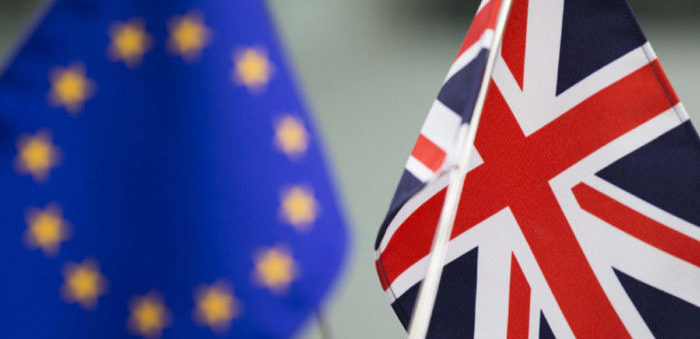After the draft agreement regarding UK’s exit from the EU, Maritime UK welcomed this development. Namely, David Dingle, Chairman of Maritime UK, said that the agreement will not satisfy everyone, but it offers a solution to avoid major disruptions.
Maritime UK is in favour of the UK remaining in the Customs Union during the transition period. This will ensure the smooth transport of goods and services between the UK and the EU until a new trade agreement can be negotiated.
[smlsubform prepend=”GET THE SAFETY4SEA IN YOUR INBOX!” showname=false emailtxt=”” emailholder=”Enter your email address” showsubmit=true submittxt=”Submit” jsthanks=false thankyou=”Thank you for subscribing to our mailing list”]
Commenting on the withdrawal agreement, David Dingle, Chairman of Maritime UK, noted that it is a major milestone. He also admitted that it will not please everyone, but it:
Offers the best course to avoid a majorly disruptive cliff-edge, and secure a smooth withdrawal from the EU
He also added that the possibility of extending the transition period will ensure a proper transition to the new reality.
However, regarding the future declaration, Mr. Dingle mentioned that this document does not provide all the detail needed. For this reason, Maritime UK will seek more clarification from both the UK government and EU.
We urge Parliamentarians to support the deal and work with industry to deliver the optimum future relationship
The Chairman of Maritime UK concluded.
What is more, the EU has published the political declaration which describes the future relationship between the European Union and the UK. The declaration describes the rules that will surround maritime transport and trade, among others. UK and EU note that the maritime transport sector should be highlighted by the international legal framework.
Namely, the declaration states that the future relationship should enable cooperation on maritime safety and security, including exchange of information between EMSA and the UK MCA.
As for the trade, UK and the EU want to ensure a solid trading relationship on goods, that will be as close as possible, in order to facilitate the ease of legitimate trade.






























































